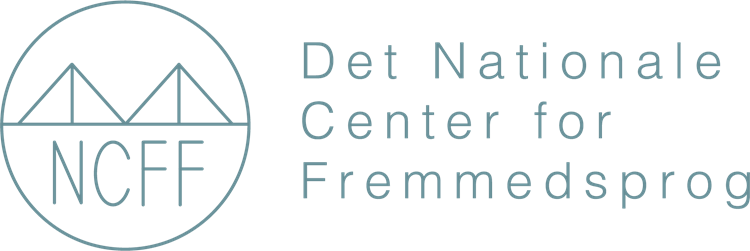The frame of the study is a NCFF-supported project motivated by the idea of developing foreign language courses concentrating on relevant, function specific language learning in order to enable continuing education of employees in institutions and companies. Through qualitative interviews with representatives from the Danish private and public sectors in the Region of Southern Denmark and Region Seeland on the one hand, and private and public sectors in Germany and France on the other hand, the research project investigates to which extent and in which situations foreign language is needed. The project will focus on institutions and companies having either a regular contact to German or French partners or wanting to expand their business activities in Germany or France. Altogether, the NCFF-project includes approximately 40 interviews.
Internationalisation, increased mobility, and inter-state trade have changed our perspective on foreign language competences. One such perspective is that the linguistic and grammatical correctness of the foreign language may be less important than cultural adaptation and the courage just to engage in communication and thus acquire the foreign language. Another, contrary, perspective is that precise and correct communication in the foreign language about domain-specific topics is an essential skill in order to solve specific tasks at the workplace. The two perspectives should not be reduced to a dichotomy between functional and formal language theory; instead, a more differentiated approach is required.
